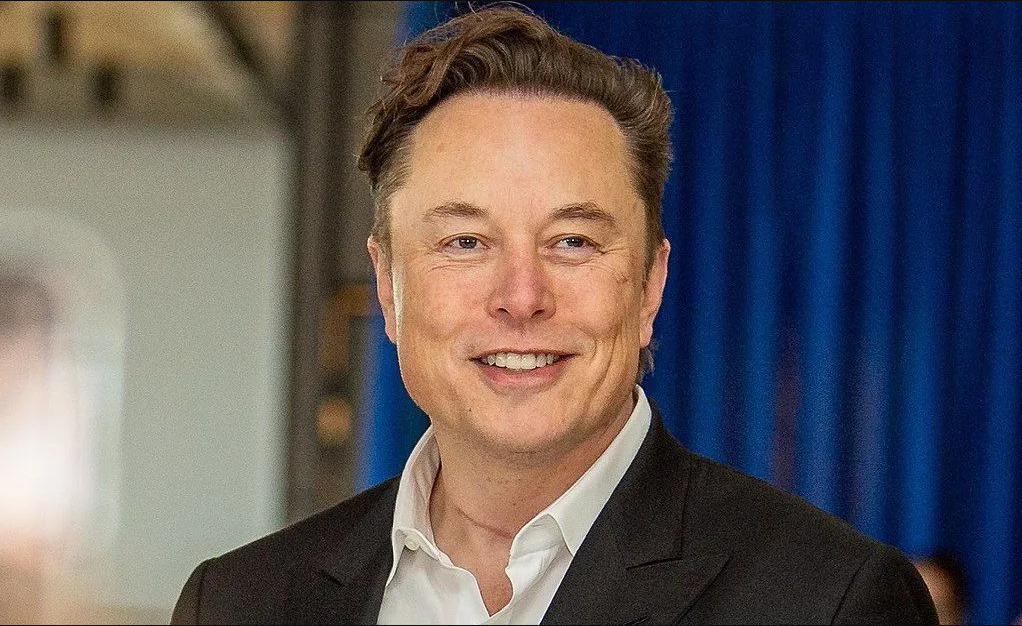Elon Musk stands as one of the most transformative and ambitious CEOs in the world today. Known for his drive to revolutionize industries that shape our future, Musk has launched and grown companies like Tesla, SpaceX, Neuralink, and The Boring Company, each tackling some of humanity’s most urgent challenges. His approach blends visionary thinking, unyielding commitment to innovation, and a distinctive resilience, qualities that have inspired a new wave of entrepreneurs and shaped industries from automotive to space exploration.
Visionary Leadership
Musk’s leadership style is a rare combination of far-reaching vision and intense focus on execution. His ambitions are not confined to profit but are mission-driven, focusing on humanity’s progress and survival. Musk’s goals—making humanity multi-planetary, transitioning the world to sustainable energy, and merging technology with human capabilities—set the direction and tone for his companies and rally teams around objectives that transcend traditional business goals.
Sustainable Energy (Tesla): At Tesla, Musk is advancing the global transition to electric vehicles (EVs) and renewable energy. His vision to make EVs accessible and desirable for the masses has been transformative, with Tesla becoming the world’s top-selling EV manufacturer and pushing established automakers to fast-track their own electric models.
Space Exploration (SpaceX): SpaceX, perhaps Musk’s most visionary venture, aims to reduce space travel costs and enable human life on Mars. The company has developed reusable rockets, launched manned missions, and is actively preparing for interplanetary exploration, reshaping humanity’s approach to space travel.
Human-Technology Interface (Neuralink): With Neuralink, Musk envisions a future where humans can connect directly to technology, aiding people with neurological conditions and expanding human potential.
Strategic Innovation and Industry Disruption
Musk’s companies consistently disrupt the industries they enter, driven by his commitment to challenging conventional norms and rethinking how businesses approach technology, production, and customer experience.
Vertical Integration at Tesla: Unlike traditional automakers, Tesla manages its supply chain in-house, from battery production to software, allowing rapid innovation, cost control, and product quality. Tesla’s Gigafactories, where vehicles and batteries are produced under one roof, epitomize this strategy and are instrumental to Tesla’s global leadership in EVs.
Pioneering Manufacturing Techniques: At Tesla, Musk emphasizes that “manufacturing the machine that makes the machine” is as crucial as designing the product itself. His focus on automation and innovation led to the adoption of technologies like the gigapress, a massive die-casting machine, which allows Tesla to produce vehicles at scale while maintaining high standards of efficiency and quality.
First Principles Thinking: Musk’s problem-solving approach, based on first principles thinking, breaks challenges down to their most fundamental truths before building solutions from scratch. This method has been instrumental in Tesla’s battery breakthroughs, SpaceX’s reusable rocket technology, and even his development of the Hyperloop concept.
Non-Traditional Marketing and Media Strategy: Musk’s unconventional marketing approach, relying on social media and public statements rather than traditional advertising, keeps his ventures in the public eye and generates massive excitement. Through Twitter (now X), Musk has created direct engagement with customers, media, and investors, successfully building a brand based on transparency, hype, and accessibility.
Resilience in the Face of Adversity
Musk’s journey has been filled with intense challenges and near-downfall moments. Both Tesla and SpaceX faced financial crises, with SpaceX experiencing three consecutive failed launches and Tesla struggling with production and financing. In 2008, with both companies on the verge of bankruptcy, Musk made the bold choice to split his remaining funds to sustain both, ultimately leading them to survive and thrive. Today, Tesla’s valuation surpasses that of the largest traditional automakers, and SpaceX is a leader in private space exploration, with contracts from NASA and the U.S. government.
Transforming Multiple Industries
Automotive: Tesla not only made EVs a mainstream option but also revolutionized customer expectations for cars with advancements in autonomous driving, over-the-air software updates, and sustainable design. Tesla’s Model 3 and Model Y are now among the best-selling EVs globally, proving that electric vehicles can be both high-performance and desirable.
Space Exploration: Musk’s vision for affordable and accessible space travel has made SpaceX a leader in the aerospace industry. Its achievements include reusable rockets that drastically lower costs and the first privately owned company to send astronauts to the International Space Station. With the Starship project, SpaceX is pushing toward human space travel beyond Earth, with Mars colonization as an ultimate goal.
Energy Storage and Solar Power: Tesla’s commitment to sustainability goes beyond EVs. The company’s solar and energy storage solutions, including the Powerwall and Powerpack, aim to make renewable energy accessible to homeowners and businesses alike, encouraging a shift away from fossil fuels.
Social Media (X): Musk’s acquisition of Twitter, now rebranded as X, shows his ambition to reshape social media. His goal is to turn the platform into a multifunctional “everything app,” combining social media, payments, and messaging in one. Though controversial, this acquisition reflects Musk’s willingness to take risks and disrupt conventional media norms.
Social Impact and Environmental Commitment
Musk’s influence extends beyond business to broader social and environmental causes. His commitment to combating climate change through sustainable energy solutions has positioned Tesla as a leader in the green energy movement. Through SpaceX, Musk champions the exploration of space as a means for human survival, while Neuralink represents his dedication to advancing healthcare technology. These endeavors collectively reflect his belief in creating a future that is sustainable, innovative, and expansive.
The Legacy of Elon Musk
Elon Musk has redefined the role of a CEO in the 21st century, blending visionary ideals with practical innovation and unbreakable resilience. Through Tesla, SpaceX, and now X, he has demonstrated how ambitious goals can transform industries and shape the future. Musk’s enduring impact is seen in the acceleration of the electric vehicle revolution, a renewed interest in space exploration, and a commitment to pushing technological boundaries. His journey continues to influence industries and inspire countless individuals worldwide, setting new standards for what a CEO can achieve in the modern era.


